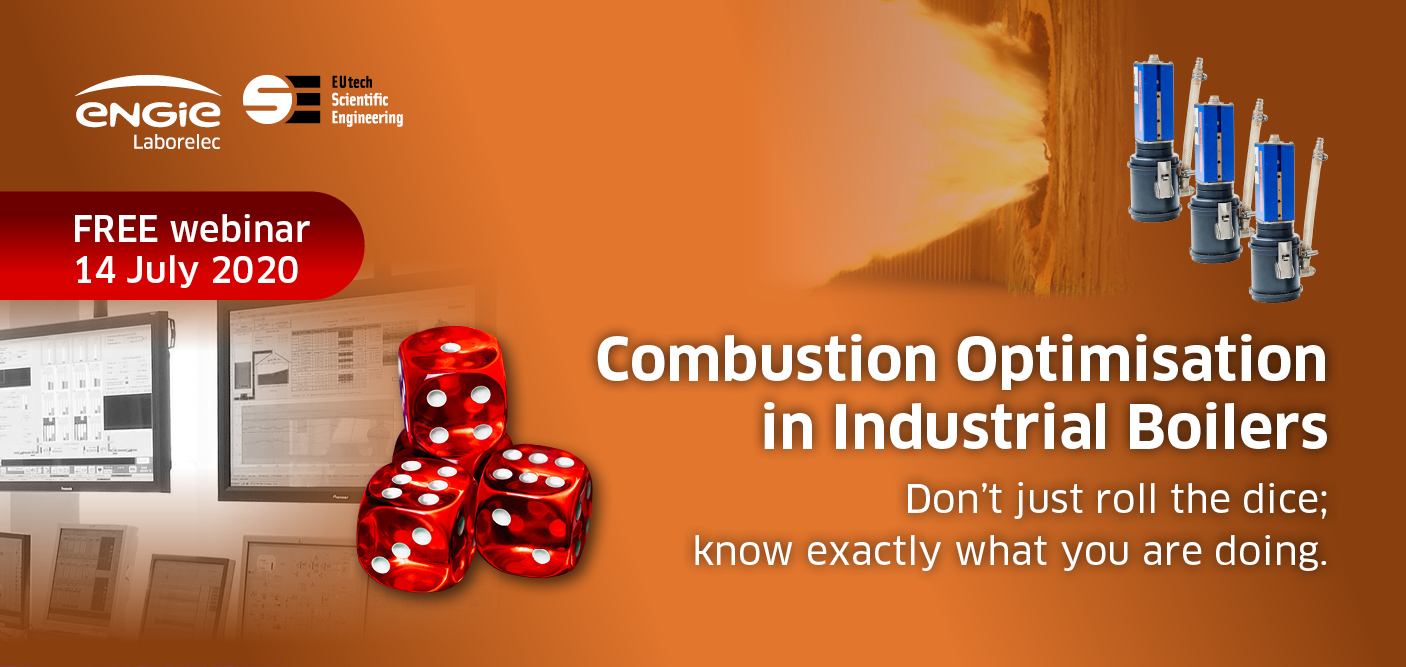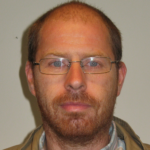The benefits of tuning combustion in industrial boilers
Don't just roll the dice; know exactly what you are doing (1 hour)
Monitoring key combustion parameters can significantly contribute to improving boiler performance, and increasing flexibility, reliability, and overall plant efficiency. It can also help reduce pollutant formation and unburned carbon.
But how can operators achieve this in practice?
That’s precisely our focus in this one-hour webinar.
1 - Why combustion tuning?
In Part One, we demonstrate the benefits of optimizing combustion and introduce case studies where the optimization of gaseous, liquid and solid fuel combustion has been successfully achieved. We also discuss the following basic concepts:
- Air-fuel ratio,
- air-fuel equivalence ratio (Lambda),
- boiler configuration,
- furnace exit gas temperature.
2 - Measuring is knowing
To efficiently assess combution, sensors are needed. In practice, such sensors are often not fitted to boilers, and information about combustion key parameters is not readily available to operators. To address this issue, Part Two of the webinar introduces the EUtech suite of online measuring equipment:
- Fuel flow and air flow,
- fuel particle size distribution,
- furnace exit gas temperature (FEGT) and its distribution,
- erosion, slagging, and fouling.

Want to watch the webinar?
What happens to my personal data?
This form collects a small quantity of personal information to help ENGIE Laborelec better understand the needs and areas of interest of its audience, and adapt the company’s offer of webinars, training courses and technical services. In some very limited circumstances, we may use it to contact you with carefully selected content which we think may be helpful for your business or activities. Personal data will be treated according to the ENGIE privacy statement and will be deleted after 12 months.
Meet the experts

A combustion expert, Julien Blondeau is a professor at the Free University of Brussels (VUB) where he teaches on thermodynamics, combustion and thermal power plants. He works with ENGIE Laborelec on industrial boiler tuning missions and field measurement campaigns as well as on research projects in the area of advanced combustion monitoring.
Julien is highly experienced in both the power industry and academia, which means that he is very well-placed to speak on the concrete impact of scientific research on daily power plant operation.

With a degree in mechanical engineering, specializing in energy conversion, and a PhD from the University of Bologna in Italy, Francesco Turoni went on to join EUtech Scientific Engineering GmbH in Aachen, Germany, where he is currently Head of the Energy Solutions Team.
The team focuses on innovative measurement and diagnostic solutions as well as model-based approaches to combustion diagnostics, control and optimization, data management and analysis. Francesco has published international papers on control development, process simulation, combustion engineering and measurement technology.

A combustion expert, who has worked at ENGIE Laborelec since 2008, Jan Van den Auweele specializes in combustion issues in conventional thermal power plants. His main activities consist in supporting operators to tune combustion in boilers and to solve operational issues such as slagging, fouling, corrosion or unburned fuel. Jan has also developed a particular focus on the conversion of power plants from fossil fuels to biomass.